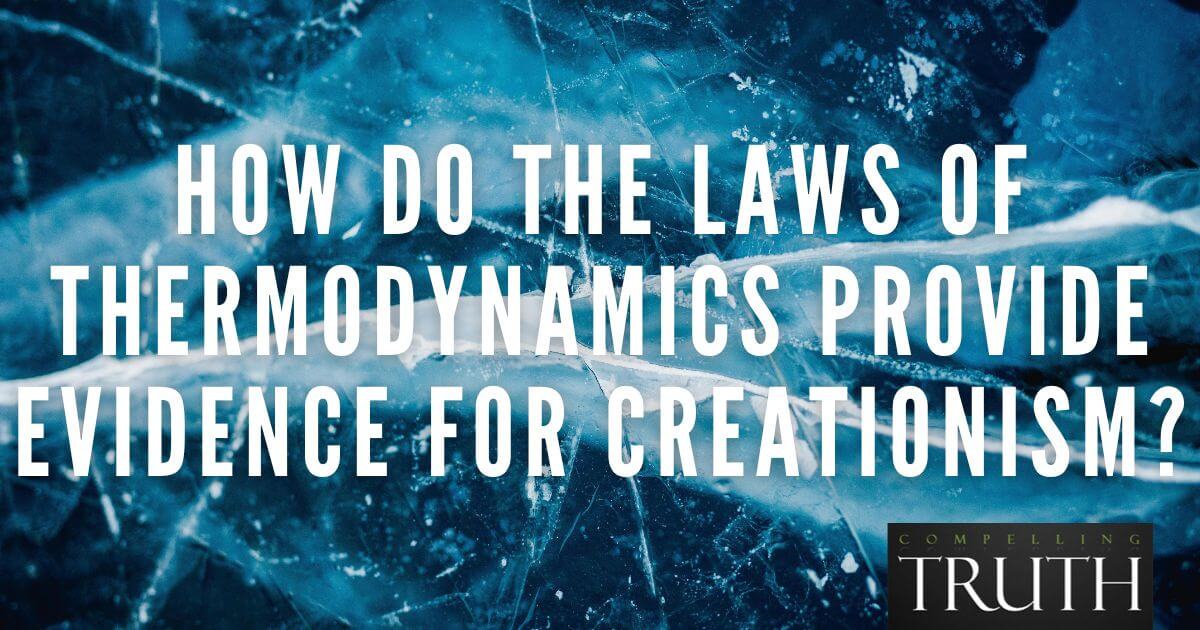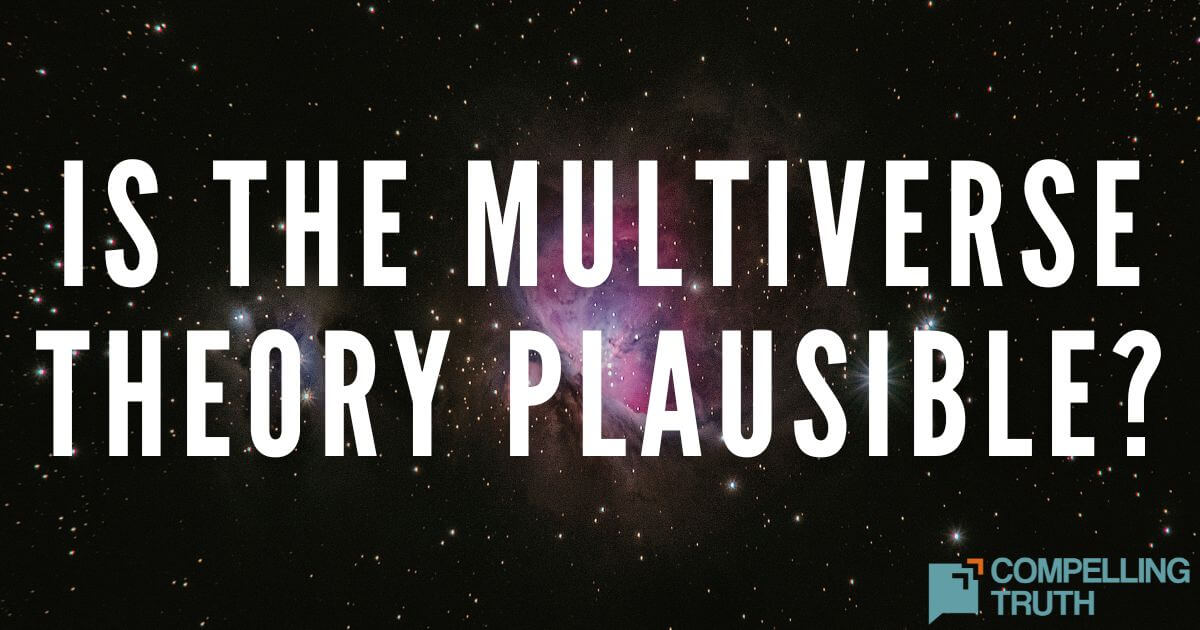Quantum physics, or quantum mechanics, requires a deep understanding of mathematics and physics as it applies to the behavior of matter and energy at a nanoscopic scale. It also requires an ability to think and solve in counterintuitive ways. This field of study is relatively young—just 100 years old or so, and still growing. Its value is in helping us understand more of what happens in the minuscule transactions in extremely small subatomic places, which can be helpful in theoretical physics and high-level design. But to the average person, quantum physics rarely has a noticeable impact on daily life.
When talking about God in relation to quantum physics, two aspects of the science are generally cited. First is the nature of observed cause and effect in quantum-level interactions. The actions and reactions at the quantum level can appear to violate such barriers as the speed of light and the logical cause and effect relationship. How one interprets these observations will either make the existence of God seem more or less likely. One can interpret this as providing an unpredictable opening for an unknown "choice," such as God. Or one can interpret this as a game of long odds for what was previously thought impossible.
Second is the Many Worlds hypothesis, which stems from the wave-particle duality in quantum physics. Some philosophers claim it is impossible to determine which ordered, objective, determined systems exist and which do not, so they default to the theory that all exist in parallel universes. No physical evidence supports this theory, but because it sets aside intelligent design arguments and a universe of a finite age, it is sometimes strongly held.
The Bible, however, says that God's creation, His work to establish the universe, can be recognized (Psalm 19:1, Romans 1:20). Those who pioneered modern physics, mostly Christian theists, believed that their discoveries shed light on God's abilities and creativeness. One, John Polkinghorne, with others, discovered sub-nuclear particles known as quarks. After teaching at Cambridge for twenty-five years, he retired to become an Anglican priest. Polkinghorne's scientific credentials are such that his faith cannot be written off as delusion or confusion by even the most aggressive anti-theists.
As for the abilities of quantum physics to prove or disprove God, they are merely tools to be used at the discretion and intentions of the user. Scientists can use their abilities to seek God or seek to discredit Him. Neither affect the evidence that God is the Creative Designer of the universe, and of you and me.
When talking about God in relation to quantum physics, two aspects of the science are generally cited. First is the nature of observed cause and effect in quantum-level interactions. The actions and reactions at the quantum level can appear to violate such barriers as the speed of light and the logical cause and effect relationship. How one interprets these observations will either make the existence of God seem more or less likely. One can interpret this as providing an unpredictable opening for an unknown "choice," such as God. Or one can interpret this as a game of long odds for what was previously thought impossible.
Second is the Many Worlds hypothesis, which stems from the wave-particle duality in quantum physics. Some philosophers claim it is impossible to determine which ordered, objective, determined systems exist and which do not, so they default to the theory that all exist in parallel universes. No physical evidence supports this theory, but because it sets aside intelligent design arguments and a universe of a finite age, it is sometimes strongly held.
The Bible, however, says that God's creation, His work to establish the universe, can be recognized (Psalm 19:1, Romans 1:20). Those who pioneered modern physics, mostly Christian theists, believed that their discoveries shed light on God's abilities and creativeness. One, John Polkinghorne, with others, discovered sub-nuclear particles known as quarks. After teaching at Cambridge for twenty-five years, he retired to become an Anglican priest. Polkinghorne's scientific credentials are such that his faith cannot be written off as delusion or confusion by even the most aggressive anti-theists.
As for the abilities of quantum physics to prove or disprove God, they are merely tools to be used at the discretion and intentions of the user. Scientists can use their abilities to seek God or seek to discredit Him. Neither affect the evidence that God is the Creative Designer of the universe, and of you and me.



